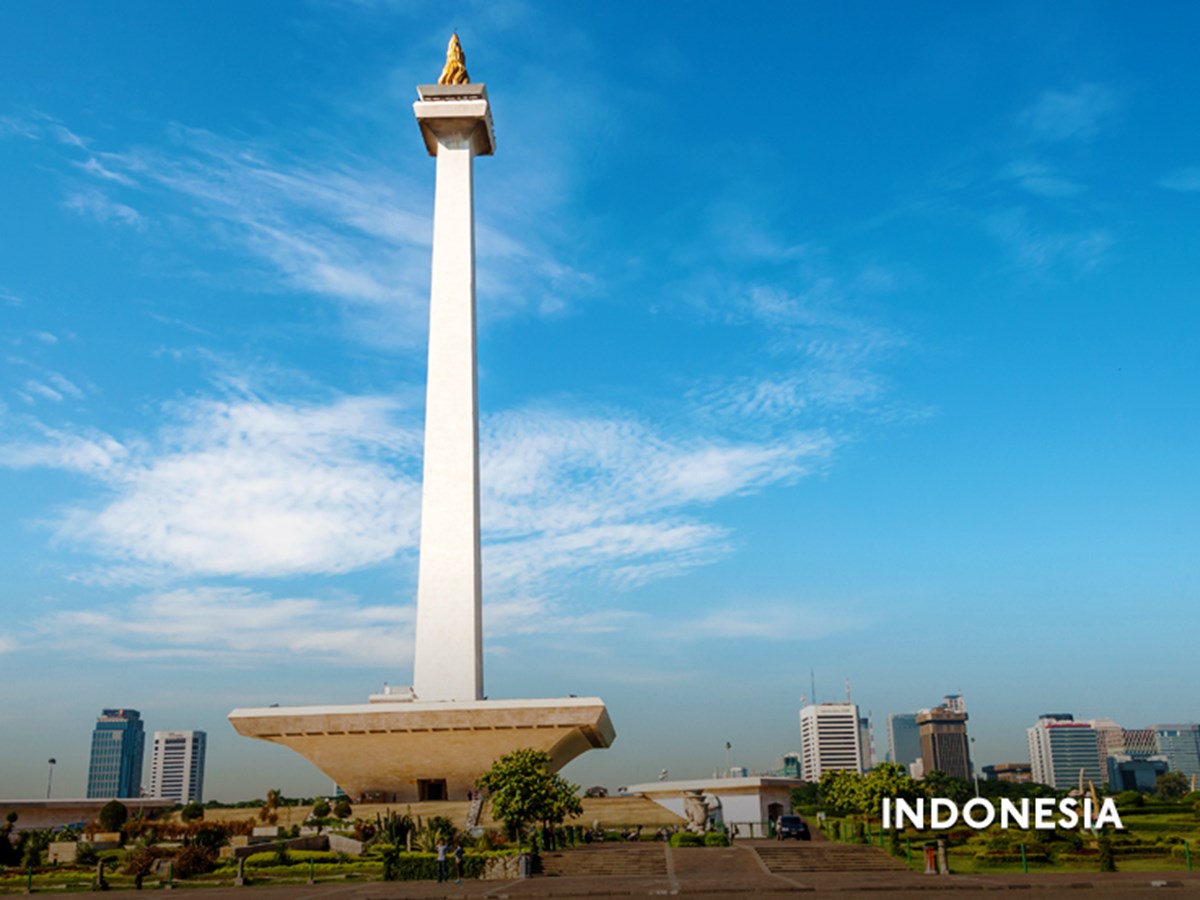
Knowledge Highlights 11 April 2025

On 27 December 2024, Regulation No. 40 of 2024 on Information Technology-Based Peer-to-Peer Lending Services (“Regulation”) came into effect. The Regulation was issued by the Indonesia Financial Services Authority or Otoritas Jasa Keuangan (“OJK”) on 24 December 2024 replacing Regulation No. 10/POJK.05/2022 on the same subject when it came into force.
The Regulation implements several provisions of Financial Law No. 4 of 2023 in relation to supporting industrial development and regulating the legal framework for peer-to-peer lending services (“P2P Services”) based on information technology. It is also consistent with Law No. 1 of 2024, which amends Law No. 1 of 2008, on Electronic Information and Transactions.
This article provides an overview of the Regulation.
Legal entity, ownership, and capitalisation
The Regulation stipulates several new provisions on P2P Service Providers including the following:
The Regulation makes no changes to capitalisation requirements. A P2P Service Provider is still required to have a minimum paid-up capital of IDR25,000,000,000 at the time of establishment, which must be fully paid immediately and placed in a term deposit in the name of the P2P Service Provider. The funds used for capital must not come from loans or be linked to money laundering, terrorism financing, proliferation of weapons of mass destruction, or other financial crimes.
Licensing and registration
A P2P Service Provider must obtain a business licence from OJK before engaging in P2P Service business activities. To apply for a licence, the P2P Service Provider’s board of directors must submit an application to OJK, including a fit and proper test request for prospective directors, commissioners, and controlling shareholders. OJK will approve or reject the application within 20 business days of receiving all required documents.
A P2P Service Provider with a business licence issued by OJK must apply for registration as an electronic system provider with the Ministry of Communications and Digital Affairs within 30 calendar days from the issuance of the licence. A copy of the registration certificate must be submitted to OJK within seven calendar days of its issuance. Additionally, the P2P Service Provider must commence funding activities within 30 calendar days from the date of registration.
Licence and registration applications must be submitted through SPRINT at https://sprint.ojk.go.id/.
Fit and proper test and certification
A P2P Service Provider must ensure that prospective key stakeholders pass OJK's fit and proper test before assuming their actions, duties, and functions. Key stakeholders include controlling shareholders, members of the board of directors, members of the board of commissioners, and members of the Sharia supervisory board.
A P2P Service Provider must ensure that members of the board of directors, members of the board of commissioners, and officials one level below the board of directors hold work competency certificates from professional certification bodies in the FinTech sector registered with OJK. Foreign members of the board of directors must prove their Indonesian language capability by providing a certificate of competency issued by a professional certification institution within one year from the date of approval by OJK.
Foreign employment
A P2P Service Provider that intends to employ foreign workers must obtain approval to do so from OJK and then submit an application. A P2P Service Provider must include details on the use of foreign workers in its business plan. The approval application must be submitted to OJK before applying for a licence from the Ministry of Manpower.
The Regulation extends the period of employment of foreigners to a maximum of two years per foreign employee which can be extended to a maximum of a further two years. Previously the period of employment of foreigners was set to a maximum of three years per foreign employee for one term in office and could not be extended.
The Regulation does not amend the criteria for a foreign employee’s job scope. Foreign employees of P2P Service Providers can only be employed for information technology roles as experts one level below the board of directors or as consultants.
A P2P Service Provider that employs foreigners must facilitate knowledge transfer to its employees and assign at least one Indonesian employee to each foreign employee. Knowledge transfer must include an annual education and training program for the P2P Service Provider's employees.
Financial soundness
The Regulation introduces a new requirement on a P2P Service Provider’s level of financial soundness, providing that a provider must have a soundness rating of at least composite “3”. Financial soundness is determined based on the capitalisation, quality of funding, management, profitability and liquidity of the P2P Service Provider. Details on financial soundness will be set out in an implementing regulation.
The obligation to meet this financial soundness level will come into effect one year after the enactment of the Regulation i.e. by 27 December 2025.
Funding
The maximum funding limit has now been divided based on the type of funding. For consumptive and productive funding, the maximum limit for each borrower is IDR2,000,000,000. However, specifically for productive funding, the limit can be increased to IDR5,000,000,000 per borrower as long as the P2P Service Provider:
The maximum funding limit for each lender and its affiliates is 25% of the outstanding funding position at the end of the month. The said funding limitation will not be applicable if the lender is a financial institution under the supervision of OJK.
Lenders and borrowers
Lenders may include Indonesian and foreign citizens, Indonesian and foreign legal entities, Indonesian and foreign business entities, and/or international institutions. A P2P Service Provider is prohibited from providing funds to borrowers outside of Indonesia. Borrowers must be Indonesian citizens, legal entities, and/or business entities.
Prohibitions
The Regulation expands the list of prohibited activities for P2P Service Providers previously stipulated in Regulation No. 10/POJK.05/2022. These additional prohibitions include:
Transitional policies
P2P Service Provider business licences issued before the Regulation came into effect will remain valid. Applications for licences, approvals, and/or reports received by OJK but not yet approved or rejected when the Regulation came into effect will be processed under Regulation No. 10/POJK.05/2022.